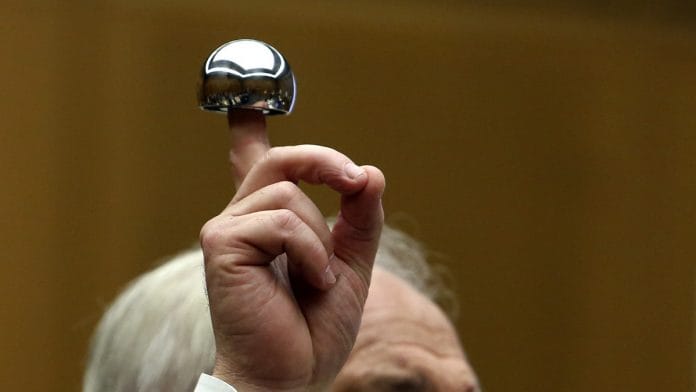New Delhi: Come April 2020, the sale, manufacture and import of eight more types of critical medical devices will be regulated by the government to check the supply of faulty equipment.
Implantable medical devices like hip and knee implants, CT scan equipment, MRI equipment, defibrillators, dialysis machines, PET equipment, X-Ray machines and bone marrow cell separators will now be listed as ‘drugs’ under the Drugs and Cosmetics Act, 1940, which regulates the manufacture and sales of drugs across India.
With this, the list of medical devices regulated by the government goes up to 35.
Learning from the past
According to the Union Health Ministry’s internal estimates, over 80 per cent of the Indian medical device market is unregulated.
First discussed in May last year, the plan to regulate more devices was rushed after the government faced flak over its inability to filter out “faulty” Johnson & Johnson hip implants used in nearly 4,000 surgeries.
There’s also been greater scrutiny over the implants industry since November, when an investigation by The Indian Express and the Indian International Consortium of Investigative Journalists (ICIJ) claimed multinational companies had been rushing devices into markets through a questionable nexus with hospitals and doctors.
Also read: Govt invites Johnson & Johnson to discuss compensation for ‘faulty’ hip implants
Who will regulate the quality?
The Central Drugs Standard Control Organisation (CDSCO) is the apex body for regulating the quality of medicines and medical devices.
Companies manufacturing the eight freshly-listed medical devices will have to approach the Drug Controller General of India, the head of the CDSCO, who decides whether to grant or cancel licences.
The government’s move has been lauded by public health activists. “We welcome this step,” said Malini Aisola, co-convenor, All India Drugs Action Network (AIDAN), an organisation involved in public health.
“However, we are disappointed about the delay with which the notification takes effect, April 2020,” she added.
“It also sends a mixed message because the government is deliberating a roadmap to bring a new and separate regulatory framework for devices,” she said.
She was referring to the fact that the Niti Aayog has reportedly suggested introducing a law exclusively to regulate the $7 billion medical devices industry.
Also read: Lawsuits against Johnson&Johnson aren’t going away






